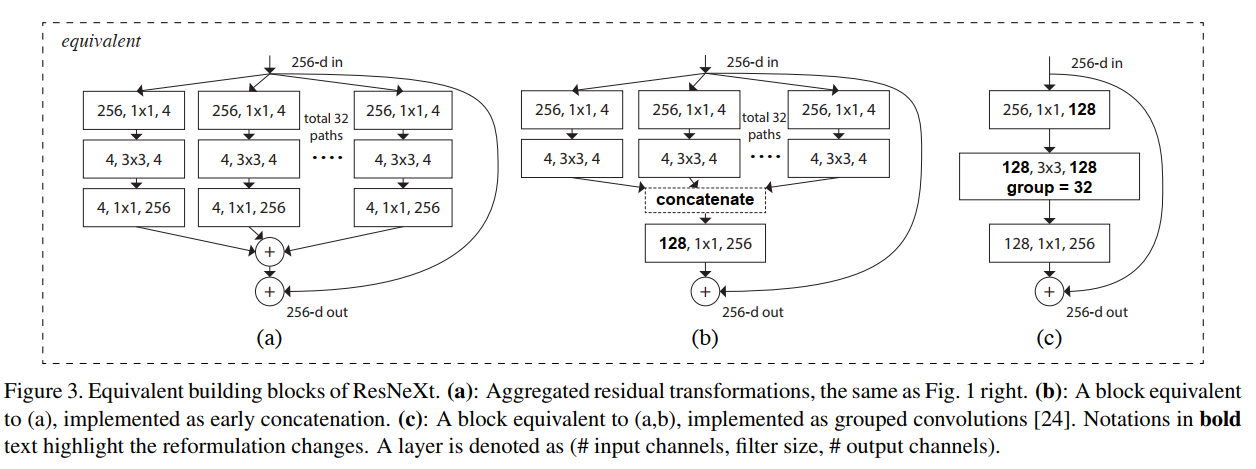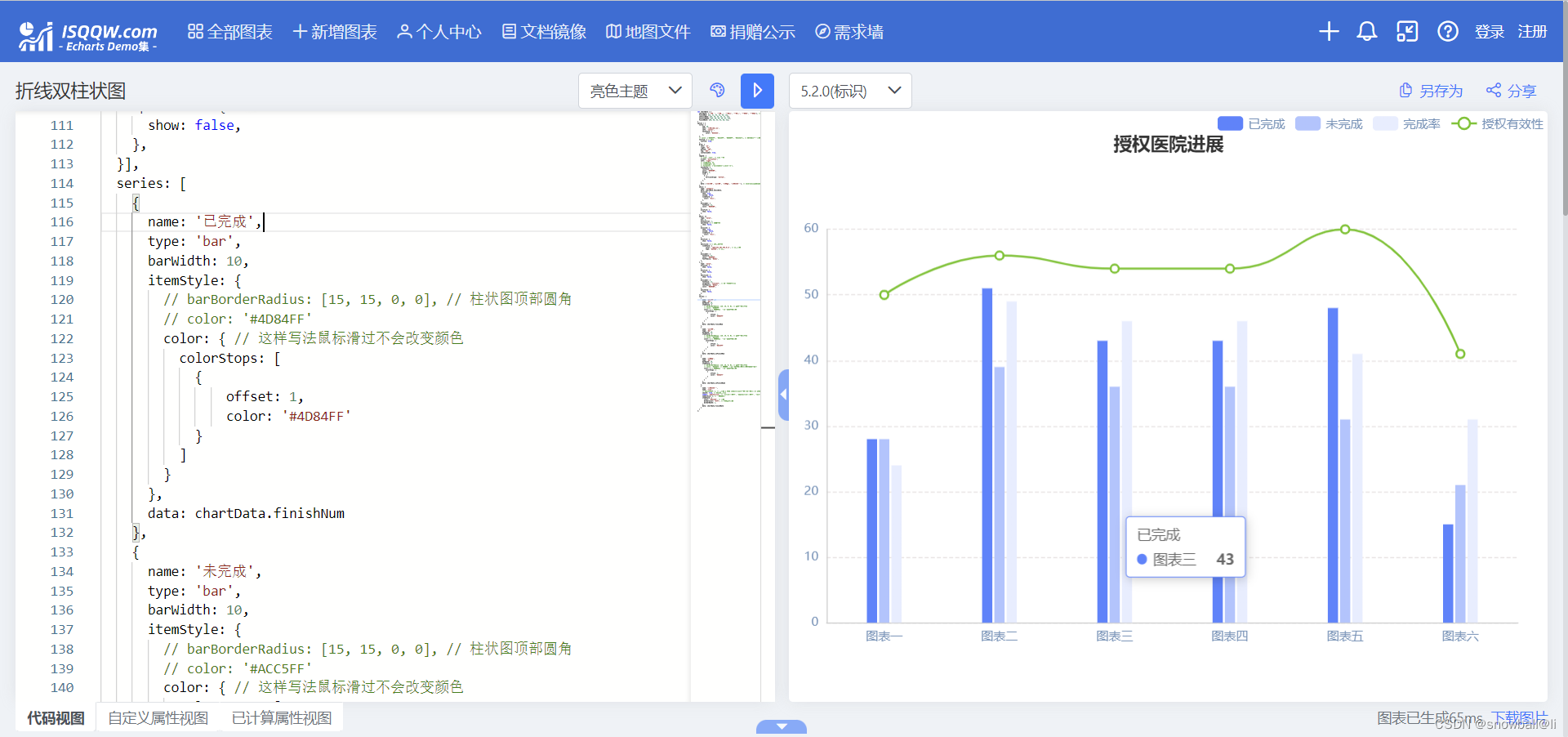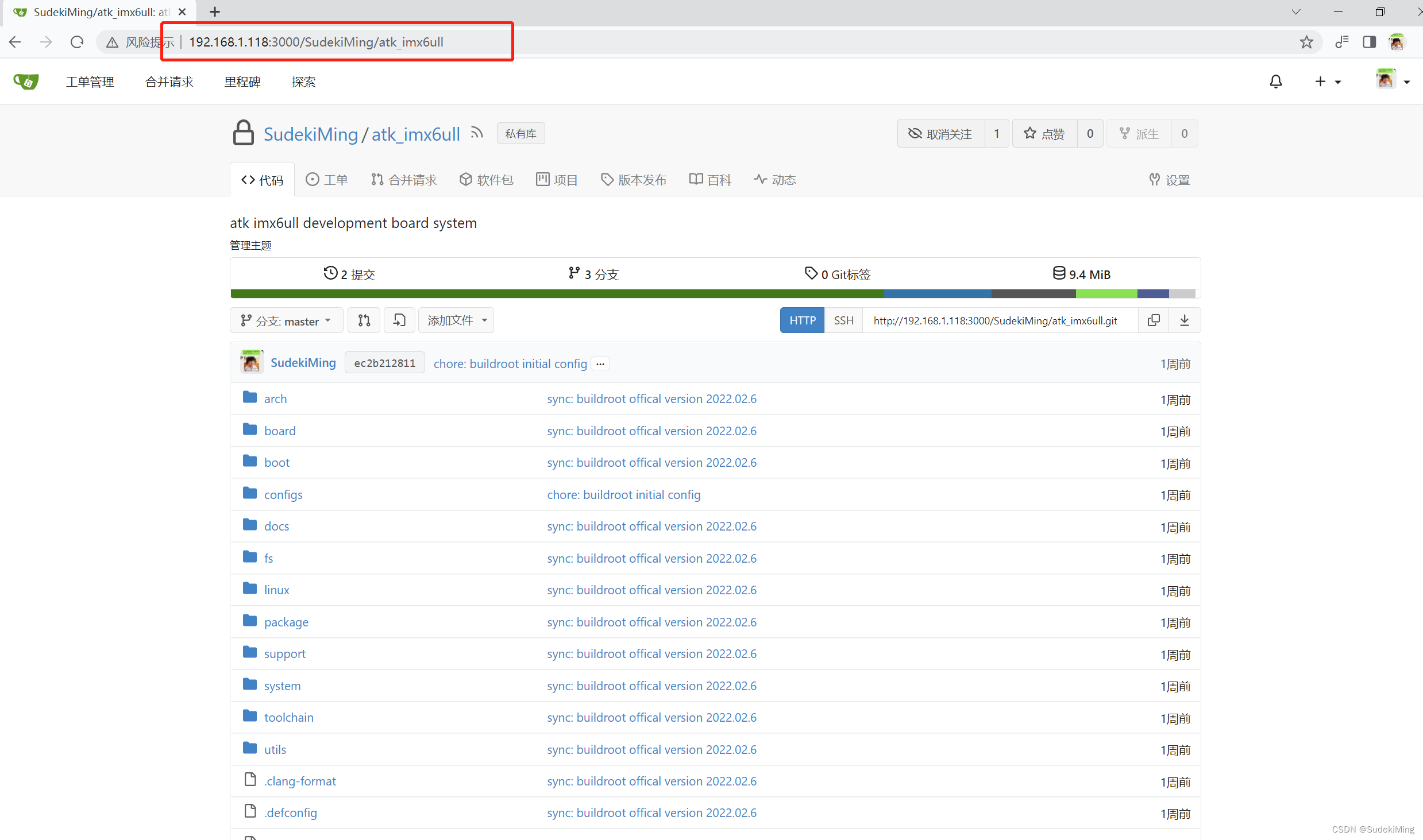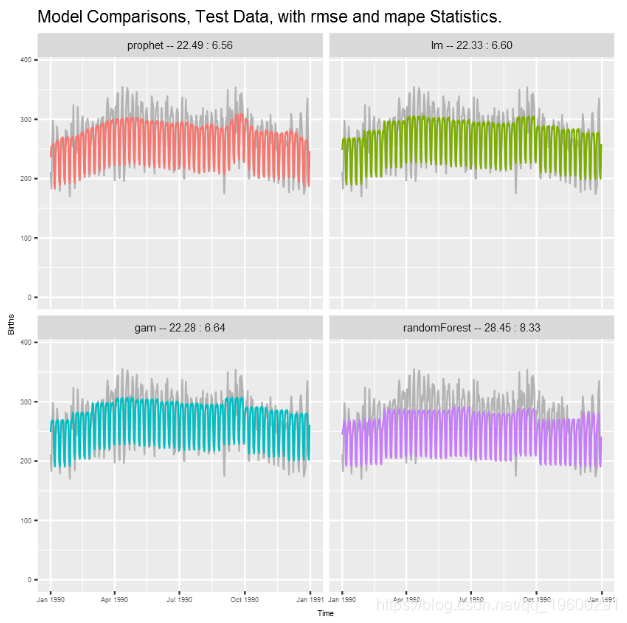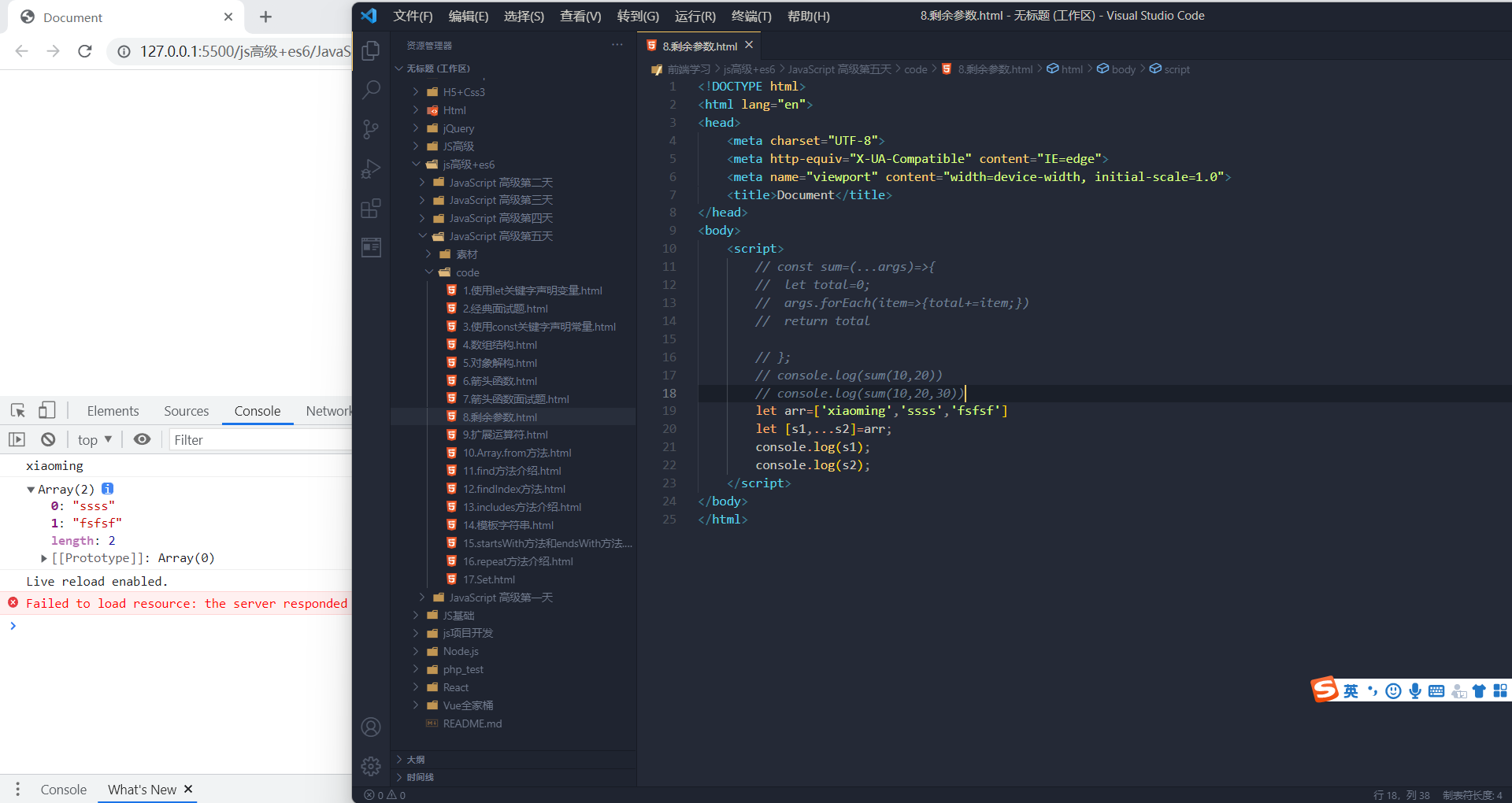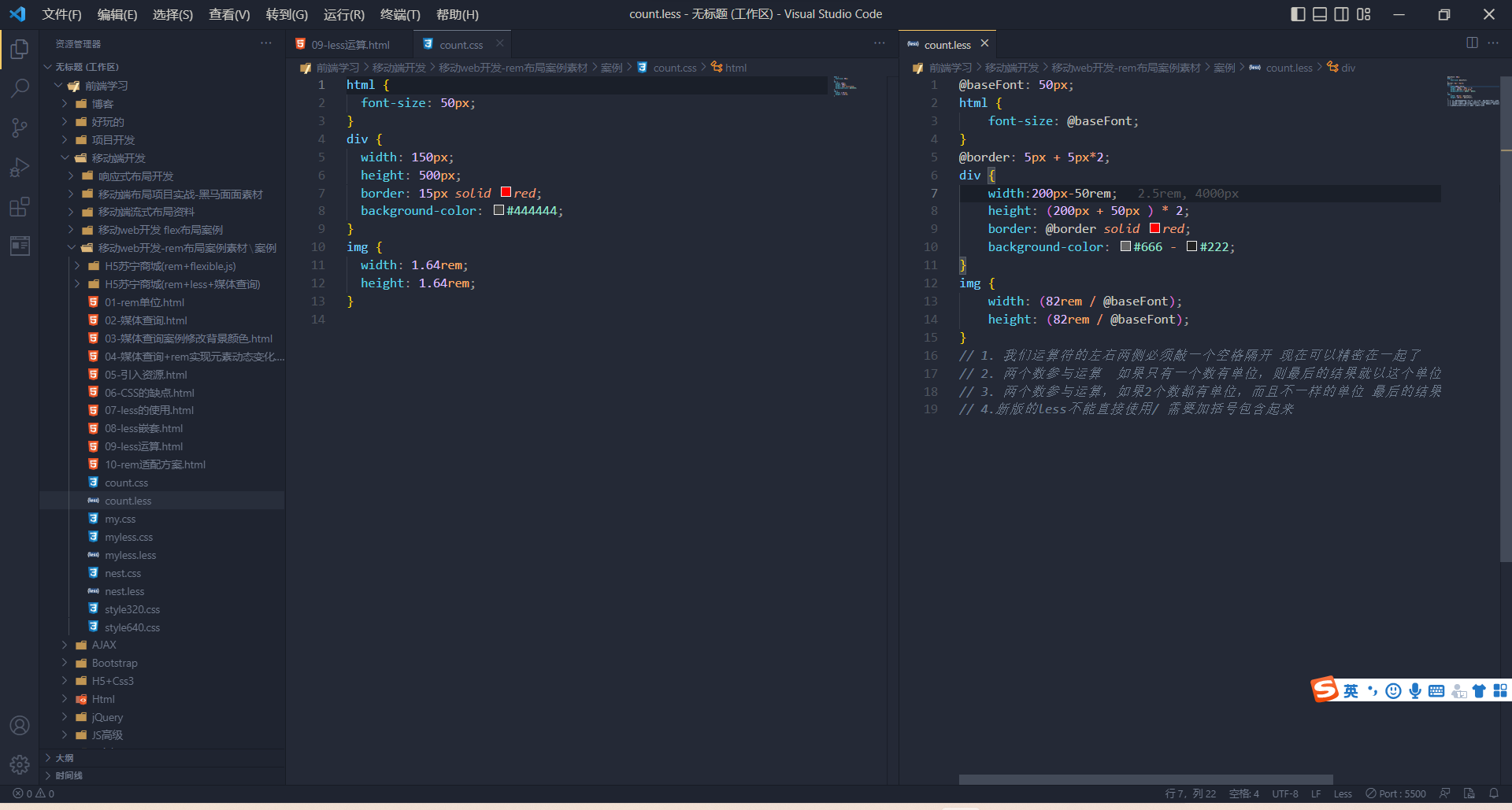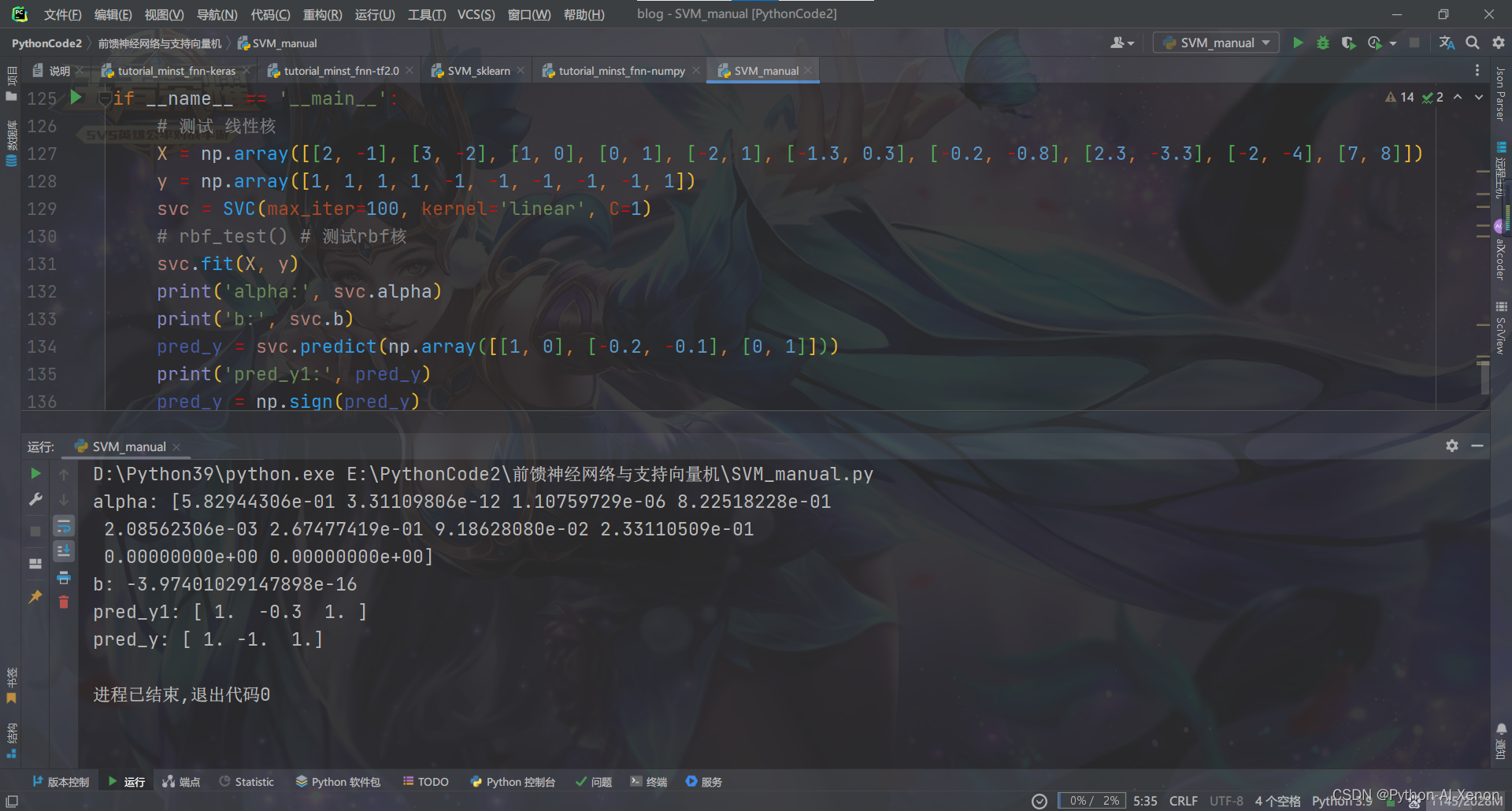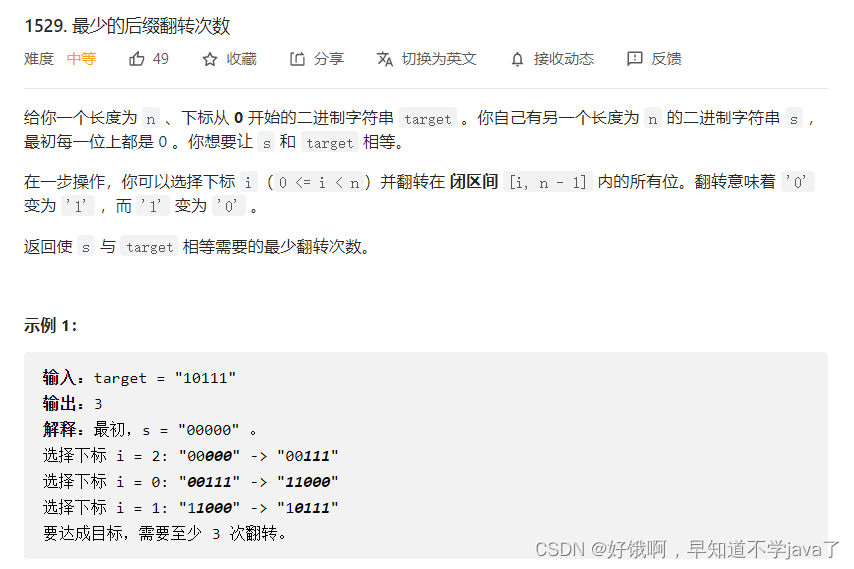1 spdlog简介
spdlog是一个开源的日志库,在github上有。代码见这里,文档这里
C++语言的,支持Linux、windows等系统。
csdn上也有许多介绍,这里列举两个:1、2
2 使用
2.1下载编译链接
有多种使用方式,这里介绍下,将源代码直接链接编译的方式:代码见这里
下载后,在Nx的QtCreator中,将Include中的代码放到代码下,然后,在pro文件中加入定义:SPDLOG_COMPILED_LIB,如下图所示。
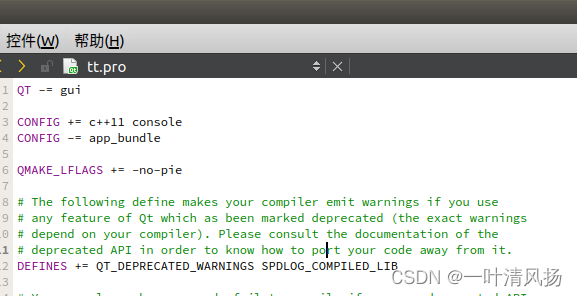
2.2 使用的例子
官方的一个使用的例子,这里贴出来,可以参考。
ps:在下载文件的example文件下有。
//
// Copyright(c) 2015 Gabi Melman.
// Distributed under the MIT License (http://opensource.org/licenses/MIT)
// spdlog usage example
#include <cstdio>
#include <chrono>
void load_levels_example();
void stdout_logger_example();
void basic_example();
void rotating_example();
void daily_example();
void async_example();
void binary_example();
void vector_example();
void stopwatch_example();
void trace_example();
void multi_sink_example();
void user_defined_example();
void err_handler_example();
void syslog_example();
void udp_example();
void custom_flags_example();
void file_events_example();
void replace_default_logger_example();
#include "spdlog/spdlog.h"
#include "spdlog/cfg/env.h" // support for loading levels from the environment variable
#include "spdlog/fmt/ostr.h" // support for user defined types
int main(int, char *[])
{
// Log levels can be loaded from argv/env using "SPDLOG_LEVEL"
load_levels_example();
spdlog::info("Welcome to spdlog version {}.{}.{} !", SPDLOG_VER_MAJOR, SPDLOG_VER_MINOR, SPDLOG_VER_PATCH);
spdlog::warn("Easy padding in numbers like {:08d}", 12);
spdlog::critical("Support for int: {0:d}; hex: {0:x}; oct: {0:o}; bin: {0:b}", 42);
spdlog::info("Support for floats {:03.2f}", 1.23456);
spdlog::info("Positional args are {1} {0}..", "too", "supported");
spdlog::info("{:>8} aligned, {:<8} aligned", "right", "left");
// Runtime log levels
spdlog::set_level(spdlog::level::info); // Set global log level to info
spdlog::debug("This message should not be displayed!");
spdlog::set_level(spdlog::level::trace); // Set specific logger's log level
spdlog::debug("This message should be displayed..");
// Customize msg format for all loggers
spdlog::set_pattern("[%H:%M:%S %z] [%^%L%$] [thread %t] %v");
spdlog::info("This an info message with custom format");
spdlog::set_pattern("%+"); // back to default format
spdlog::set_level(spdlog::level::info);
// Backtrace support
// Loggers can store in a ring buffer all messages (including debug/trace) for later inspection.
// When needed, call dump_backtrace() to see what happened:
spdlog::enable_backtrace(10); // create ring buffer with capacity of 10 messages
for (int i = 0; i < 100; i++)
{
spdlog::debug("Backtrace message {}", i); // not logged..
}
// e.g. if some error happened:
spdlog::dump_backtrace(); // log them now!
try
{
stdout_logger_example();
basic_example();
rotating_example();
daily_example();
async_example();
binary_example();
vector_example();
multi_sink_example();
user_defined_example();
err_handler_example();
trace_example();
stopwatch_example();
udp_example();
custom_flags_example();
file_events_example();
replace_default_logger_example();
// Flush all *registered* loggers using a worker thread every 3 seconds.
// note: registered loggers *must* be thread safe for this to work correctly!
spdlog::flush_every(std::chrono::seconds(3));
// Apply some function on all registered loggers
spdlog::apply_all([&](std::shared_ptr<spdlog::logger> l) { l->info("End of example."); });
// Release all spdlog resources, and drop all loggers in the registry.
// This is optional (only mandatory if using windows + async log).
spdlog::shutdown();
}
// Exceptions will only be thrown upon failed logger or sink construction (not during logging).
catch (const spdlog::spdlog_ex &ex)
{
std::printf("Log initialization failed: %s\n", ex.what());
return 1;
}
}
#include "spdlog/sinks/stdout_color_sinks.h"
// or #include "spdlog/sinks/stdout_sinks.h" if no colors needed.
void stdout_logger_example()
{
// Create color multi threaded logger.
auto console = spdlog::stdout_color_mt("console");
// or for stderr:
// auto console = spdlog::stderr_color_mt("error-logger");
}
#include "spdlog/sinks/basic_file_sink.h"
void basic_example()
{
// Create basic file logger (not rotated).
auto my_logger = spdlog::basic_logger_mt("file_logger", "logs/basic-log.txt", true);
}
#include "spdlog/sinks/rotating_file_sink.h"
void rotating_example()
{
// Create a file rotating logger with 5mb size max and 3 rotated files.
auto rotating_logger = spdlog::rotating_logger_mt("some_logger_name", "logs/rotating.txt", 1048576 * 5, 3);
}
#include "spdlog/sinks/daily_file_sink.h"
void daily_example()
{
// Create a daily logger - a new file is created every day on 2:30am.
auto daily_logger = spdlog::daily_logger_mt("daily_logger", "logs/daily.txt", 2, 30);
}
#include "spdlog/cfg/env.h"
void load_levels_example()
{
// Set the log level to "info" and mylogger to "trace":
// SPDLOG_LEVEL=info,mylogger=trace && ./example
spdlog::cfg::load_env_levels();
// or from command line:
// ./example SPDLOG_LEVEL=info,mylogger=trace
// #include "spdlog/cfg/argv.h" // for loading levels from argv
// spdlog::cfg::load_argv_levels(args, argv);
}
#include "spdlog/async.h"
void async_example()
{
// Default thread pool settings can be modified *before* creating the async logger:
// spdlog::init_thread_pool(32768, 1); // queue with max 32k items 1 backing thread.
auto async_file = spdlog::basic_logger_mt<spdlog::async_factory>("async_file_logger", "logs/async_log.txt");
// alternatively:
// auto async_file = spdlog::create_async<spdlog::sinks::basic_file_sink_mt>("async_file_logger", "logs/async_log.txt");
for (int i = 1; i < 101; ++i)
{
async_file->info("Async message #{}", i);
}
}
// Log binary data as hex.
// Many types of std::container<char> types can be used.
// Iterator ranges are supported too.
// Format flags:
// {:X} - print in uppercase.
// {:s} - don't separate each byte with space.
// {:p} - don't print the position on each line start.
// {:n} - don't split the output to lines.
#include "spdlog/fmt/bin_to_hex.h"
void binary_example()
{
std::vector<char> buf(80);
for (int i = 0; i < 80; i++)
{
buf.push_back(static_cast<char>(i & 0xff));
}
spdlog::info("Binary example: {}", spdlog::to_hex(buf));
spdlog::info("Another binary example:{:n}", spdlog::to_hex(std::begin(buf), std::begin(buf) + 10));
// more examples:
// logger->info("uppercase: {:X}", spdlog::to_hex(buf));
// logger->info("uppercase, no delimiters: {:Xs}", spdlog::to_hex(buf));
// logger->info("uppercase, no delimiters, no position info: {:Xsp}", spdlog::to_hex(buf));
// logger->info("hexdump style: {:a}", spdlog::to_hex(buf));
// logger->info("hexdump style, 20 chars per line {:a}", spdlog::to_hex(buf, 20));
}
// Log a vector of numbers
#ifndef SPDLOG_USE_STD_FORMAT
# include "spdlog/fmt/ranges.h"
void vector_example()
{
std::vector<int> vec = {1, 2, 3};
spdlog::info("Vector example: {}", vec);
}
#else
void vector_example() {}
#endif
// ! DSPDLOG_USE_STD_FORMAT
// Compile time log levels.
// define SPDLOG_ACTIVE_LEVEL to required level (e.g. SPDLOG_LEVEL_TRACE)
void trace_example()
{
// trace from default logger
SPDLOG_TRACE("Some trace message.. {} ,{}", 1, 3.23);
// debug from default logger
SPDLOG_DEBUG("Some debug message.. {} ,{}", 1, 3.23);
// trace from logger object
auto logger = spdlog::get("file_logger");
SPDLOG_LOGGER_TRACE(logger, "another trace message");
}
// stopwatch example
#include "spdlog/stopwatch.h"
#include <thread>
void stopwatch_example()
{
spdlog::stopwatch sw;
std::this_thread::sleep_for(std::chrono::milliseconds(123));
spdlog::info("Stopwatch: {} seconds", sw);
}
#include "spdlog/sinks/udp_sink.h"
void udp_example()
{
spdlog::sinks::udp_sink_config cfg("127.0.0.1", 11091);
auto my_logger = spdlog::udp_logger_mt("udplog", cfg);
my_logger->set_level(spdlog::level::debug);
my_logger->info("hello world");
}
// A logger with multiple sinks (stdout and file) - each with a different format and log level.
void multi_sink_example()
{
auto console_sink = std::make_shared<spdlog::sinks::stdout_color_sink_mt>();
console_sink->set_level(spdlog::level::warn);
console_sink->set_pattern("[multi_sink_example] [%^%l%$] %v");
auto file_sink = std::make_shared<spdlog::sinks::basic_file_sink_mt>("logs/multisink.txt", true);
file_sink->set_level(spdlog::level::trace);
spdlog::logger logger("multi_sink", {console_sink, file_sink});
logger.set_level(spdlog::level::debug);
logger.warn("this should appear in both console and file");
logger.info("this message should not appear in the console, only in the file");
}
// User defined types logging
struct my_type
{
int i = 0;
explicit my_type(int i)
: i(i){};
};
#ifndef SPDLOG_USE_STD_FORMAT // when using fmtlib
template<>
struct fmt::formatter<my_type> : fmt::formatter<std::string>
{
auto format(my_type my, format_context &ctx) -> decltype(ctx.out())
{
return format_to(ctx.out(), "[my_type i={}]", my.i);
}
};
#else // when using std::format
template<>
struct std::formatter<my_type> : std::formatter<std::string>
{
auto format(my_type my, format_context &ctx) -> decltype(ctx.out())
{
return format_to(ctx.out(), "[my_type i={}]", my.i);
}
};
#endif
void user_defined_example()
{
spdlog::info("user defined type: {}", my_type(14));
}
// Custom error handler. Will be triggered on log failure.
void err_handler_example()
{
// can be set globally or per logger(logger->set_error_handler(..))
spdlog::set_error_handler([](const std::string &msg) { printf("*** Custom log error handler: %s ***\n", msg.c_str()); });
}
// syslog example (linux/osx/freebsd)
#ifndef _WIN32
# include "spdlog/sinks/syslog_sink.h"
void syslog_example()
{
std::string ident = "spdlog-example";
auto syslog_logger = spdlog::syslog_logger_mt("syslog", ident, LOG_PID);
syslog_logger->warn("This is warning that will end up in syslog.");
}
#endif
// Android example.
#if defined(__ANDROID__)
# include "spdlog/sinks/android_sink.h"
void android_example()
{
std::string tag = "spdlog-android";
auto android_logger = spdlog::android_logger_mt("android", tag);
android_logger->critical("Use \"adb shell logcat\" to view this message.");
}
#endif
// Log patterns can contain custom flags.
// this will add custom flag '%*' which will be bound to a <my_formatter_flag> instance
#include "spdlog/pattern_formatter.h"
class my_formatter_flag : public spdlog::custom_flag_formatter
{
public:
void format(const spdlog::details::log_msg &, const std::tm &, spdlog::memory_buf_t &dest) override
{
std::string some_txt = "custom-flag";
dest.append(some_txt.data(), some_txt.data() + some_txt.size());
}
std::unique_ptr<custom_flag_formatter> clone() const override
{
return spdlog::details::make_unique<my_formatter_flag>();
}
};
void custom_flags_example()
{
using spdlog::details::make_unique; // for pre c++14
auto formatter = make_unique<spdlog::pattern_formatter>();
formatter->add_flag<my_formatter_flag>('*').set_pattern("[%n] [%*] [%^%l%$] %v");
// set the new formatter using spdlog::set_formatter(formatter) or logger->set_formatter(formatter)
// spdlog::set_formatter(std::move(formatter));
}
void file_events_example()
{
// pass the spdlog::file_event_handlers to file sinks for open/close log file notifications
spdlog::file_event_handlers handlers;
handlers.before_open = [](spdlog::filename_t filename) { spdlog::info("Before opening {}", filename); };
handlers.after_open = [](spdlog::filename_t filename, std::FILE *fstream) {
spdlog::info("After opening {}", filename);
fputs("After opening\n", fstream);
};
handlers.before_close = [](spdlog::filename_t filename, std::FILE *fstream) {
spdlog::info("Before closing {}", filename);
fputs("Before closing\n", fstream);
};
handlers.after_close = [](spdlog::filename_t filename) { spdlog::info("After closing {}", filename); };
auto file_sink = std::make_shared<spdlog::sinks::basic_file_sink_mt>("logs/events-sample.txt", true, handlers);
spdlog::logger my_logger("some_logger", file_sink);
my_logger.info("Some log line");
}
void replace_default_logger_example()
{
// store the old logger so we don't break other examples.
auto old_logger = spdlog::default_logger();
auto new_logger = spdlog::basic_logger_mt("new_default_logger", "logs/new-default-log.txt", true);
spdlog::set_default_logger(new_logger);
spdlog::set_level(spdlog::level::info);
spdlog::debug("This message should not be displayed!");
spdlog::set_level(spdlog::level::trace);
spdlog::debug("This message should be displayed..");
spdlog::set_default_logger(old_logger);
}
2.3 我的一个例子
auto console_sink = std::make_shared<spdlog::sinks::stdout_color_sink_mt>();
console_sink->set_level(spdlog::level::warn);
console_sink->set_pattern("[%Y-%m-%d %H:%M:%S.%e %^%l%$] %v");
//循环日志文件,每个10M,最多10个文件
auto file_sink = std::make_shared<spdlog::sinks::rotating_file_sink_mt>("logs/Log.txt", 1048576 * 10, 10);
file_sink->set_level(spdlog::level::trace);
file_sink->set_pattern("[%Y-%m-%d %H:%M:%S.%e %L] %v");
spdlog::logger * pLogger = new spdlog::logger("multi_sink", {console_sink, file_sink});
pLogger->set_level(spdlog::level::debug);
// Flush all *registered* loggers using a worker thread every 3 seconds.
// note: registered loggers *must* be thread safe for this to work correctly!
spdlog::flush_every(std::chrono::seconds(3)); //定时刷新
2.4 关于循环日志文件
上面的文件中有了,补充下多个文件时候的关系。
当前写的文件为Log.txt,一旦写满后,将其更名为Log.1.txt。再新建一个Log.txt,写入
如果新Log.txt再次满后,将Log.1.txt更名为Log.2.txt。将Log.txt更名为Log.1.txt,然后再新建一个Log.txt写入。
…
2.5 关于设置日志格式
这里有官方说明:https://github.com/gabime/spdlog/wiki/3.-Custom-formatting
2.6 关于头文件
这里面有很多头文件,使用不同功能需要引入不同的功能,见上面的例子吧,这点确实麻烦。
2.7 关于输出
保存的日志文件时,有一个刷新的机制。可以设置定时更新。如下。这里实际使用时候,除了定时外,貌似跟数据量也有关系,如果数据量少时候,也不输出!
具体见:https://github.com/gabime/spdlog/wiki/7.-Flush-policy
spdlog::flush_every(std::chrono::seconds(3)); //定时刷新

